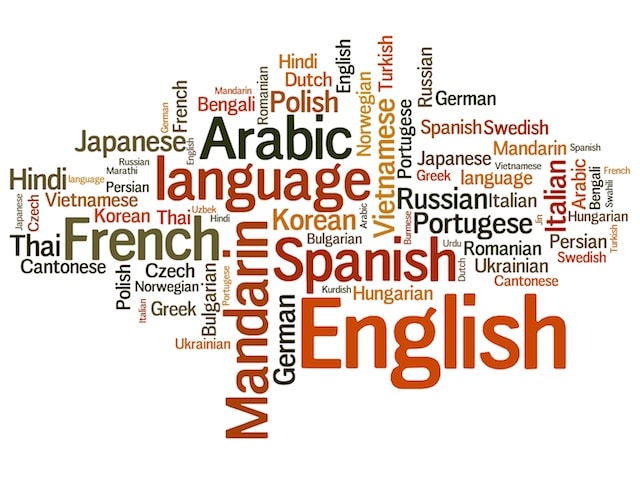Glossary of terms why this is important and how is it implemented
What is Glossary of terms
Traditionally, a glossary appears at the end of a book and includes terms within that book that are either newly introduced, uncommon, or specialized.
With regard to linguistics, the glossary is a tool or document that helps to mitigate the consistency problem of translation from source into target language. The glossary contains key terminology for the source language (typically English) and approved translations for that terminology in all the target languages.
Why is Glossary of terms important in translation?
Every business has its own language. Choosing the most accurate word is a deliberate decision. Making sure everyone in the company/ industry uses the same term for the same concept requires discipline. All of this becomes even more complex as you attempt to provide this same information in multiple dialects.
A case in point, there are multiple words that can have similar meanings. For example, lets take screen and monitor. Both describe a device that provides visual output from a computer in the IT industry. However, if we use the same words in Life Sciences industry, screen means to check a patient for a particular symptom and monitor means to watch something over a period of time.
How Glossary of terms is implemented in the translation process?
First of all, a glossary can either be created by the Language Service Provider (LSP) like AML-Global. Some potential sources are pre-existing materials, style guides, or formal communication formats to identify potential. After formalizing the development, translation, and management of your glossary, the Language Service Provider uses it during the translation process.
The glossary provides a needed level of precision for the most important terms in the source material. As the translator works through the source material, the LSPs Translation Memory (TM) tool automatically suggests sentences and phrases for translations of the text.
By helping to eliminate uncertainty in the translation process, the glossary will:
- Uphold consistency
- Reduce the time it takes to translate a document
- Cut the overall cost of translation over time
- Prevent rework.
American Language Services stands the test of time in providing voice over, translation, interpretation, transcription and media services to private industry, government at all levels, and educational and non-profit organizations. Our thousands of linguists around the world and teams of dedicated professionals are ready to serve.
Call Us Now: 1-800-951-5020 for further information or a quick quotation for your next project.
See more at: http://alsglobal.net/
























